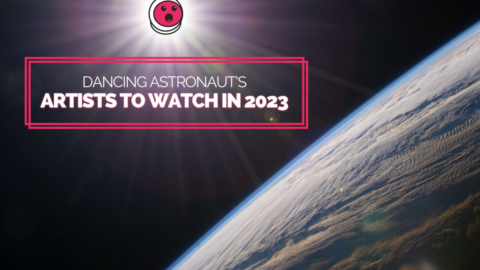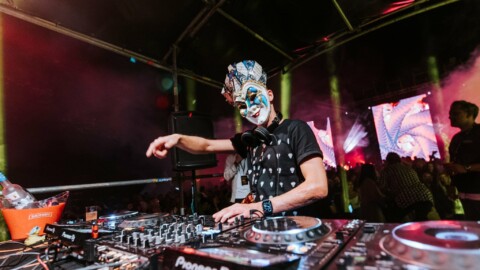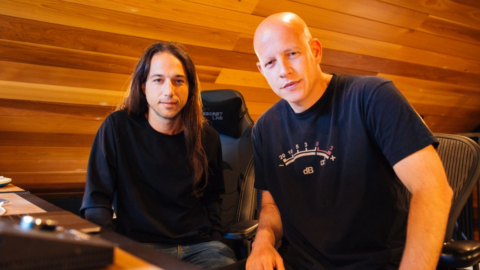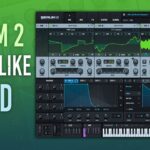As the music industry continues to recover from the devastating impacts of the COVID-19 pandemic, American artists are facing increasing scrutiny regarding the distribution and effectiveness of federal relief funds. The ongoing challenges in the live music sector have brought attention to the complexities of these aid programs and the urgent need for transparency and support for the creative community.
Famous artists among the beneficiaries
While these grants were primarily intended for small organizations, several big names in the music industry also submitted applications through their production companies or tour managers. Among them is Chris Brown, who reportedly received $10 million in aid and spent $80,000 on a lavish birthday party. Lil Wayne, for his part, supposedly used these funds to pay off a $2 million debt to his former manager. DJ and producer Marshmello, meanwhile, is said to have paid himself a salary of nearly $10 million thanks to the received grants. Finally, Steve Aoki is also reported to have benefited from nearly $2 million.
The Background of Federal Aid
In response to the pandemic, the U.S. government established various relief programs aimed at assisting artists and the broader entertainment industry. Initiatives like the Shuttered Venue Operators Grant (SVOG) and the Paycheck Protection Program (PPP) were designed to provide financial support to venues, promoters, and artists who faced unprecedented losses due to concert cancellations and venue closures.
However, as the dust begins to settle, many artists are voicing concerns that the aid has not reached those who need it most. Reports have emerged indicating that a significant portion of the funds has been allocated to larger venues and organizations, leaving independent artists and smaller acts struggling to survive.
The Artists’ Perspective
Many American artists have expressed frustration over the perceived inequities in the distribution of relief funds. Prominent figures in the music industry, including musicians, managers, and industry advocates, have called for a reevaluation of the aid programs to ensure that independent artists receive adequate support.
Musicians like Halsey and Phoebe Bridgers have taken to social media to highlight the struggles faced by smaller acts during the pandemic. They argue that while larger venues and established artists have benefitted from relief funds, many grassroots musicians have been left in the lurch, unable to cover basic living expenses or invest in their art.
Calls for Change
In light of these concerns, several advocacy groups have emerged to push for reforms in the relief funding process. Organizations such as the National Independent Venue Association (NIVA) and the Future of Music Coalition are actively campaigning for a more equitable distribution of funds that prioritizes independent artists and venues.
These groups are advocating for policy changes that would ensure better access to relief funds for smaller acts and create a more transparent system for tracking fund allocation. Their efforts highlight the importance of supporting the entire music ecosystem, not just the top-tier acts and large venues.
The Importance of Support
As the music industry works to rebuild, the need for comprehensive support for all artists has never been clearer. The pandemic has exposed vulnerabilities within the industry, and addressing these issues will be crucial for fostering a sustainable and diverse music scene.
Moreover, the recovery of the live music sector is vital for the overall economy, as it drives significant revenue and creates jobs in various sectors. Supporting artists, especially those at the grassroots level, will ultimately benefit the entire industry and contribute to a more vibrant cultural landscape.
Looking Forward
As discussions surrounding COVID relief for artists continue, it is essential for stakeholders in the music industry to come together and advocate for meaningful change. By ensuring that relief funds are equitably distributed, the industry can support the diverse voices that make up the fabric of American music.
The path to recovery may be long, but with concerted efforts from artists, advocates, and policymakers, there is hope for a brighter future for all musicians. The challenges faced during the pandemic have underscored the need for a more inclusive and supportive environment for artists of all backgrounds.
Tags: covid19 Marshmello steve aoki












